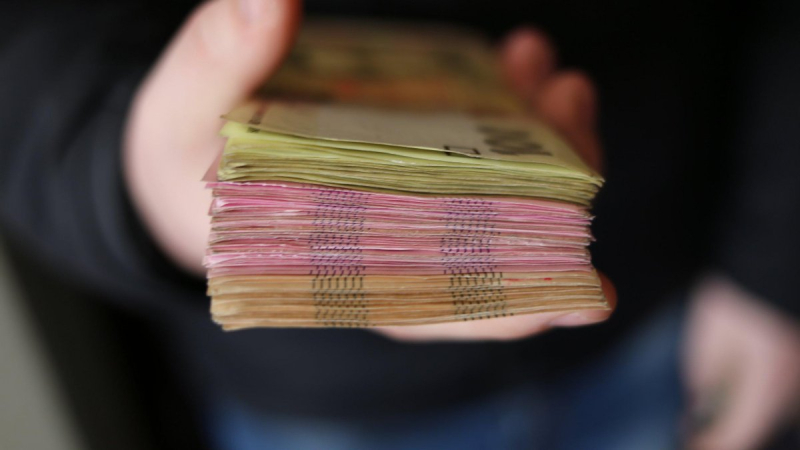
How to protect your funds from scammers/Pixabay
Despite the war, unfortunately, the cases of fraud have not decreased. Therefore, the National Bank gave Ukrainians advice on how to save their funds and not become a victim of intruders.
The National Bank even simulated the most common scenarios that scammers work on. For different cases, there are certain algorithms of action.
The most common schemes of scammers
Messages from a friend or friend
Quite common scenario – a person you know writes a message on a social network that he is raising funds for one reason or another. In this case, you should contact this person in any other messenger or call him to find out if he really collects funds.
If, after clarification, you find out that this person did not send such a message and does not collect funds, inform him that his page on the social network was hacked. Encourage them to change their social media password and turn on two-factor authentication. Then ask him to contact the cyber police.
Financial assistance for all
Among the schemes used by scammers are messages or publications on social networks about supposedly financial assistance that anyone can receive. The text of the message or publication contains a link to a chatbot with instructions on how to receive money.
First of all, you should check the data on financial assistance from official sources of information and in no case open suspicious links.
In any case, do not disclose confidential information. In particular, card details, password and login for online banking, etc. If personal information is disclosed, contact the bank and block the card. If you suspect fraud, contact law enforcement.
Evacuation flights
Unfortunately, there are scammers who can even profit from the evacuation of people from the war zone. Most often, for such flights, people are asked to pay in advance.
First of all, you need to check the information about the evacuation in official sources, in particular, check reports from local authorities. If possible, choose cash on delivery for the flight.
If, unfortunately, you have become a victim of fraud, be sure to contact the cyber police.
Prepayment for non-existent goods
Often non-existent products can be sold on the Internet. At the same time, they ask for an advance payment for this.
In order to avoid deception, the NBU recommends making purchases only on trusted sites. In case of doubt, it is advised to give preference to cash on delivery.
In addition, for the safety of online shopping, you can open an online card and transfer the amount necessary for the purchase to it.
It is also important not to tell anyone the expiration date of the card, CVV and PIN code. In addition, it is recommended to communicate with the seller on the platform where you make the purchase. Check the site address, because often one character can mean that you have landed on a phishing resource.
Pseudo-buyer
Another fairly popular scheme is when you sell a product, a pseudo-buyer asks you for a card number in order to make a transfer and tells you the exact time when he will transfer the funds. Instead, you get a phone call from his partner, who introduces himself as an SBU officer and says that you need to activate the card in order to be credited.
Therefore, it is important not to disclose your card details to strangers and not take any steps to “verify” the card. If you have any doubts, call the bank.
Raising funds for the Armed Forces
The next popular scheme is a message from a supposedly official authority about raising funds for the Armed Forces of Ukraine. In this case, it is important to remember that funds should be transferred only through official foundations and charitable organizations. You can also join fundraisers run by people you know personally.
Tips for protecting your accounts
The very first tip is to install mobile application of the bank whose card you are using. This way you will control your costs. In the application, set up two-factor and biometric identification. In addition, you must enable the SMS banking service for additional control over transactions.
Do not forget about the phone number to which your accounts are linked. Set a PIN on your SIM card, but do not use the combinations 0000, 1111, or year of birth.
Keep your card details, PINs, passwords, and your financial number secret. It is especially worth keeping the three-digit CVV code on the back of the card secret.
You can also use the following tips:
- don't store passwords and PINs on your phone;
- set a limit for online payments;
- regularly update passwords for accounts that contain personal data;

